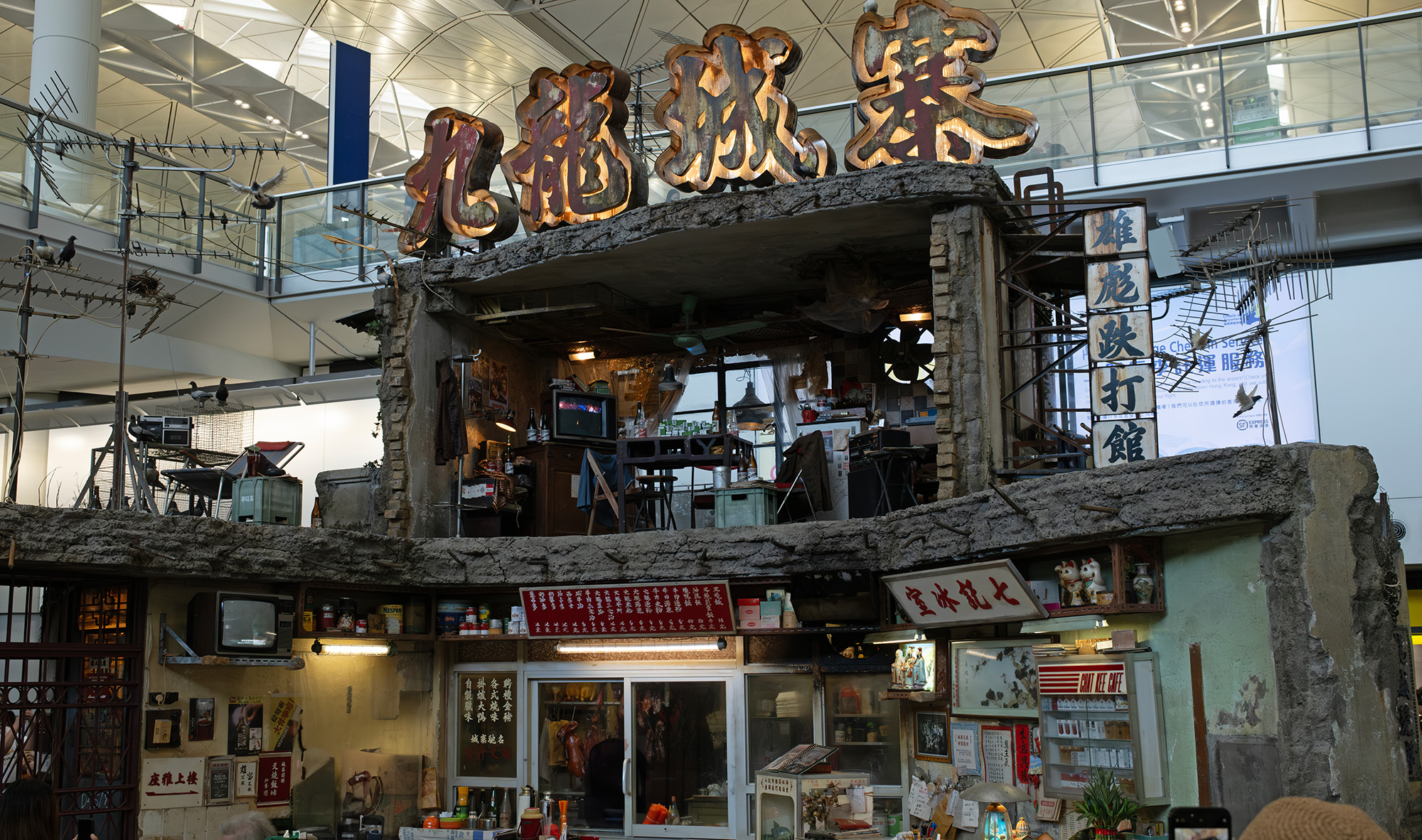
5 minute read
Vincent Woo Distinguished Visiting Scholar: Prof Michael Berry on Hong Kong movies
Text: Zelda Lau
Photos: Hazel Chow, iStockphoto
“It’s not only in the theatres, but everyone is talking about it, right?” says Prof Michael Berry, recipient of the Lingnan University Vincent Woo Distinguished Visiting Scholars Programme, referring to the blockbuster The Last Dance.
“It is kind of a social phenomenon. Sometimes these films become part of the zeitgeist, capturing the pulse of society and become part of a larger cultural movement,” he says.
“If you think of the most successful Chinese cultural imports into the West over the past several decades, a lot of westerners think of Jackie Chan, Bruce Lee, and films like Crouching Tiger, Hidden Dragon; these represent an important trend in popular cultural discourse.

“I think it’s important to understand from a critical perspective what did these films say, how are they commenting and critiquing the social and political environment from which they come, how are they expanding the genre, and how are they building a new conception of ‘cultural China’?” he says.
It is the process of continual transformation of cinema, which is often driven by different historical periods, movements, genres, and directors, that keeps Prof Berry on research track.
Prof Berry’s passion for modern literature and film was rooted early in college days, where he read very voraciously and was drawn in by classic works of philosophy, psychology, and literature by writers such as Arthur Schopenhauer, Plato, Hermann Hesse, Fyodor Dostoevsky, and Sigmund Freud.
“ After certain point, books can only take you so far, and I wanted to explore how to get out, visit a different country, go to a different culture, and learn another language.” he says. “It was Nanjing, China.... Even after all these years, when I talk about that period of my life, it still feels like a kind of golden age in my life; I feel lucky I had a chance to experience China during that dynamic period of massive change and transformation – all around were new construction sites, demolition sites, and people flooding into the cities. It was just a very dynamic time in terms of Chinese history.”
One of the early novels he read as an undergraduate, To Live by Yu Hua, also ended up being the first novel he translated. “I watched the film adapted by Zhang Yimou as an undergraduate; then, as a student in Taiwan I bought a copy of the original novel and read it in one night. It’s a book about trauma and pain and the historical violence. That's a theme that honed a lot of my research going forward for the next several decades.”

To Prof Berry, Hong Kong provided a really important alternative perspective on Chinese culture, and was the origin to martial arts literary giants like Jin Yong, Liang Yusheng, and Gu Long.
“Gu Long was in Taiwan, but from these peripheral perspectives of Taiwan and Hong Kong, they were able to provide a very unique reappraisal of Chinese culture, which I think in many ways was a direct response to what was happening in Mainland China.”
He mentions that during the Cultural Revolution, writers in Hong Kong felt a responsibility to preserve China’s history, culture, philosophy, and martial arts, adding: “There are more kind of experimental or post-modern writers like Wong Bikwan and Dung Kai-cheung (former Lingnan lecturer), who are pushing the boundaries and expanding the vision of what Hong Kong literature could be”, Prof Berry says.
Prof Berry thinks that Hong Kong for many decades was the cultural centre of the Chinese media world, and that centre has shifted north starting around 2002.
But there are younger directors out there who are still pushing ahead and doing innovative work. I am sure Hong Kong cinema will continue to thrive, but it is certainly facing a period of adaptation and change.

Indeed, it’s not just filmmakers; everyone is adapting and changing with the rapid development and application of AI and information technology.
“AI has been transforming things fundamentally – it really makes us re-evaluate the role that we want to play in education. The key is asking yourself: what is it that machines can’t do and that only we can do as humans? It needs to be in the area of critical thinking skills, creativity, and thinking outside the box.”
He hopes that while we harness those digital tools and use them, we still have to remember there are a lot of books in the library that are not digitised.
“The basic lesson is that no matter how many fancy online tools you have to make your work easier, there is no shortcut to sitting down with a 500-page novel and reading it and doing that grunt work of just digging through, and the meticulous effort of reading.
“I do feel a responsibility as a teacher that we have to hold our students accountable, to not lose the capacity to appreciate long form narratives that are deep, nuanced, difficult and complex.”










